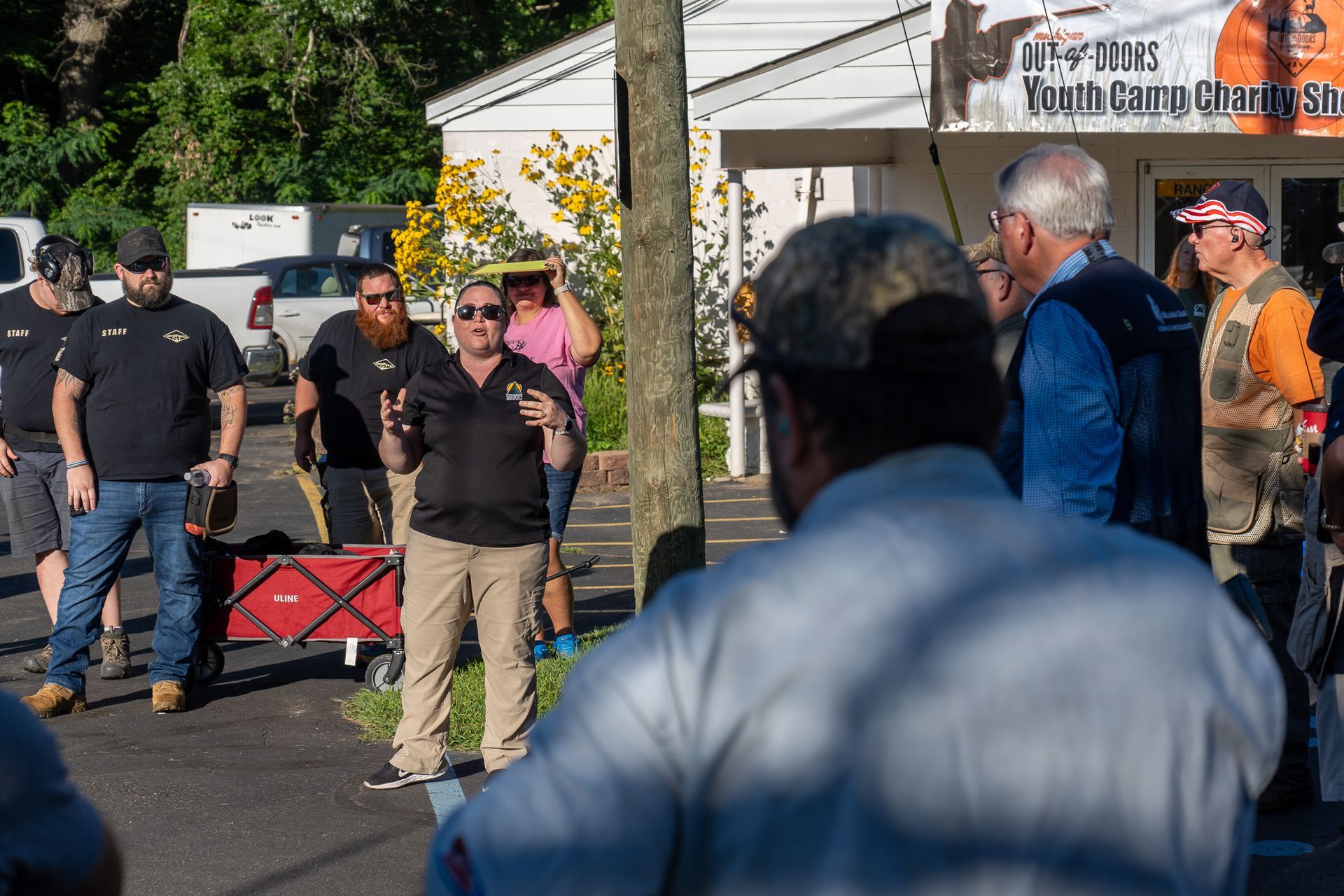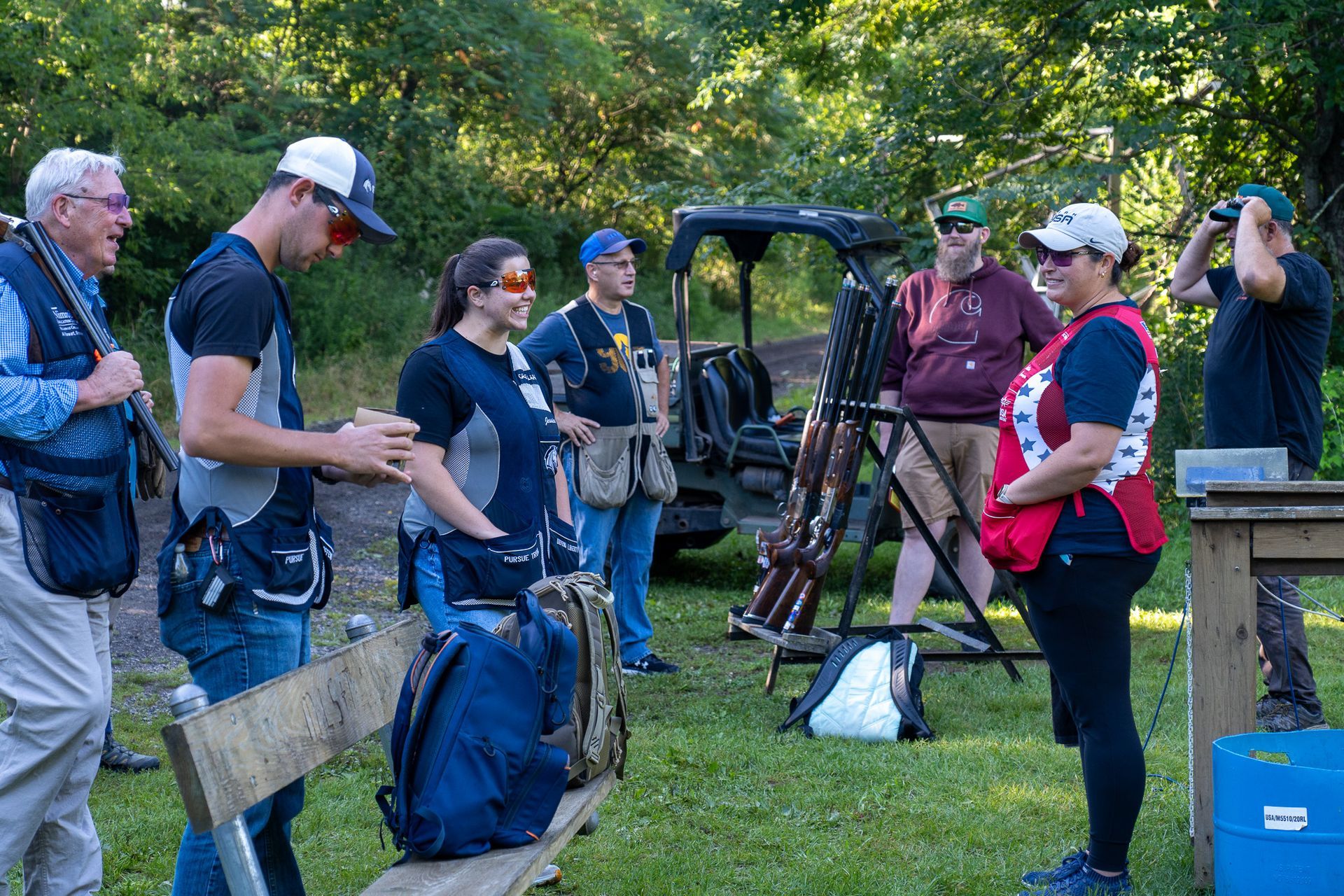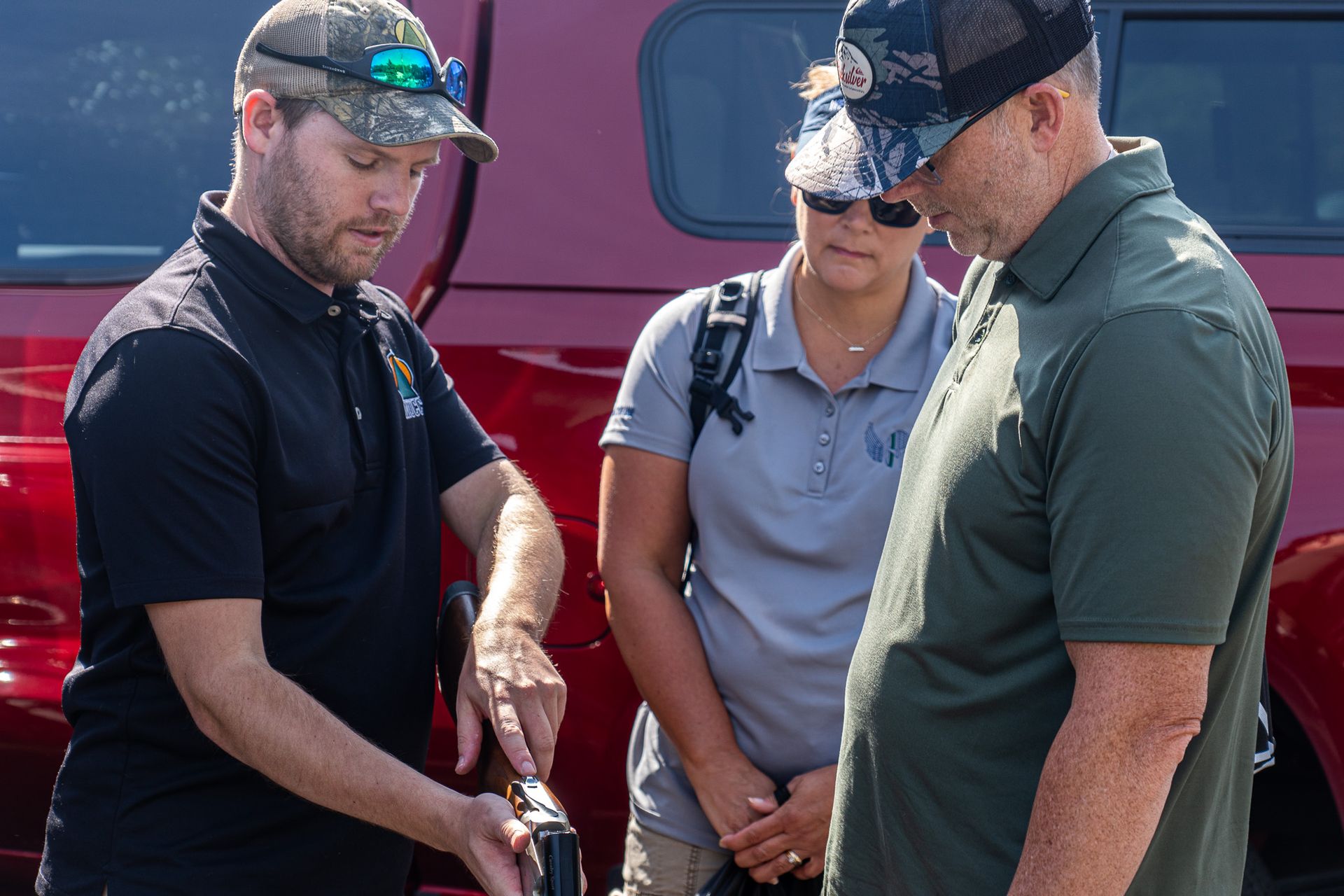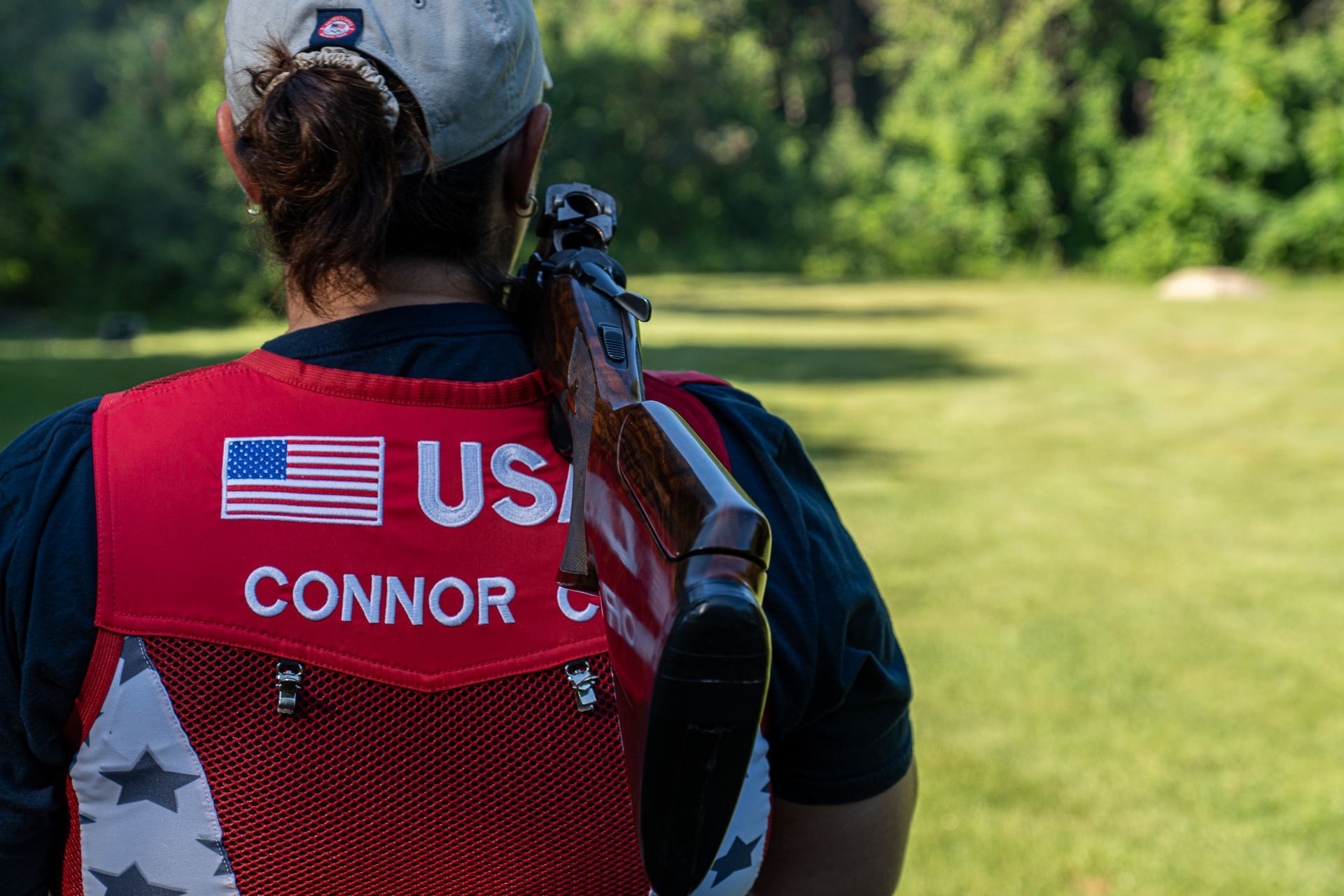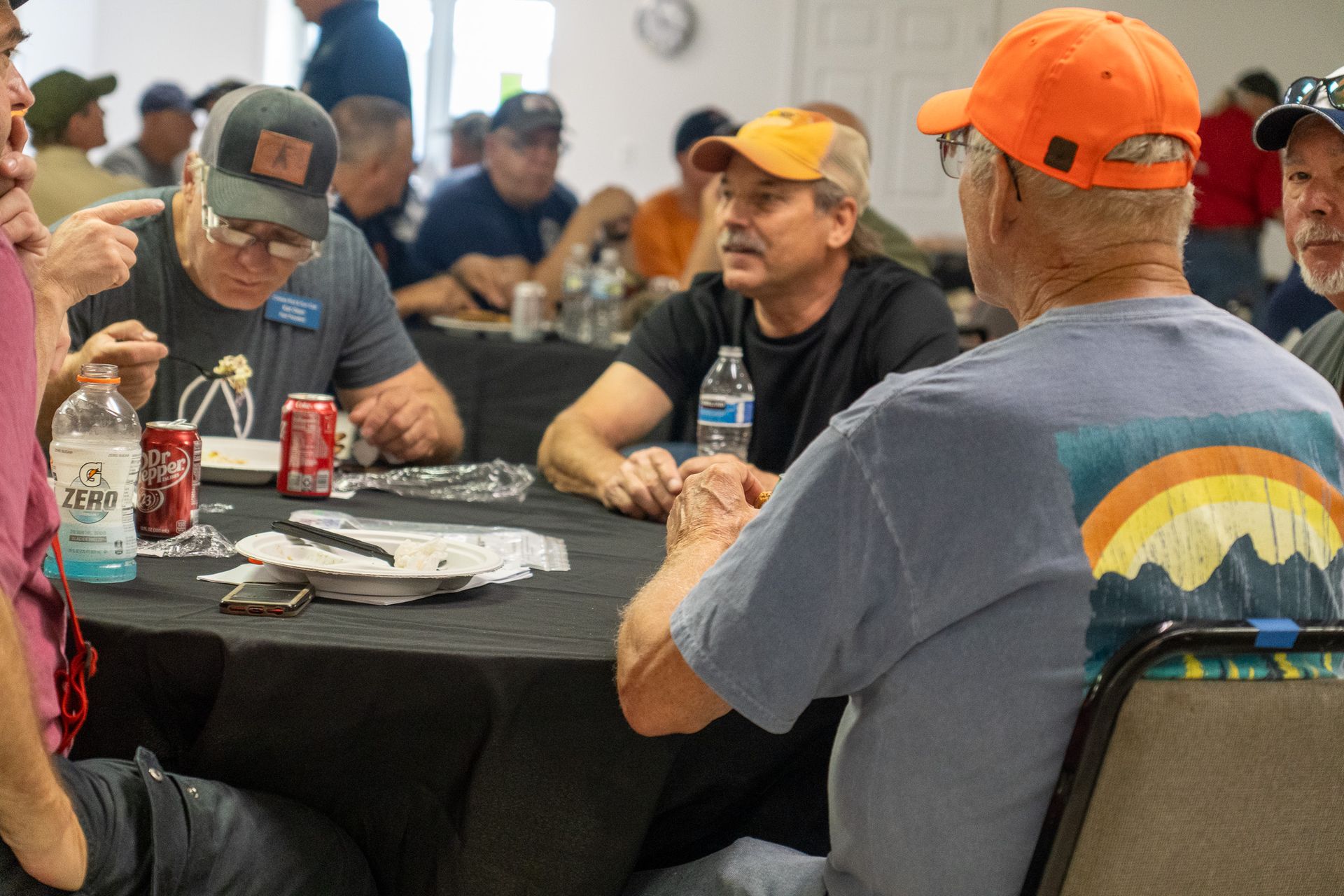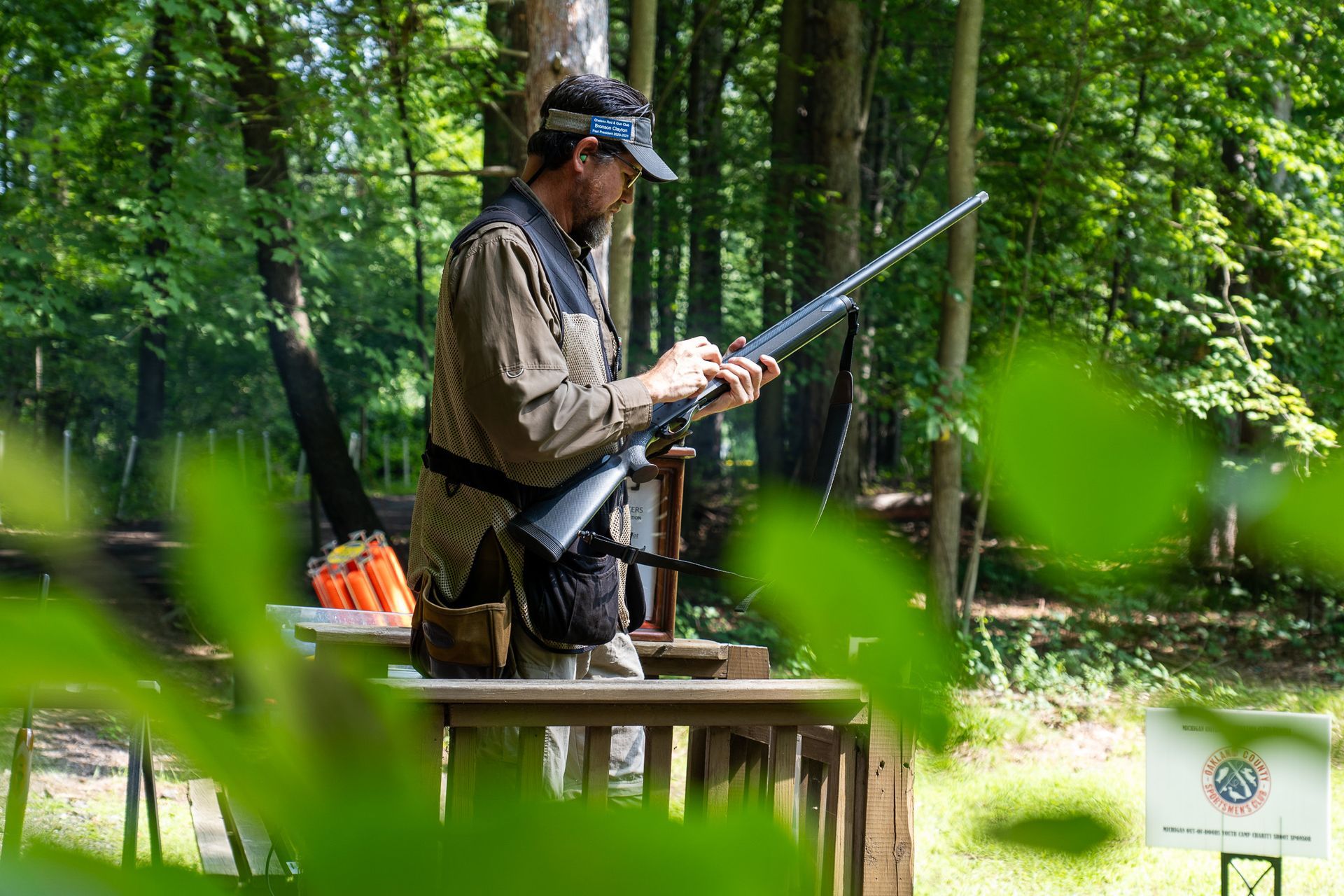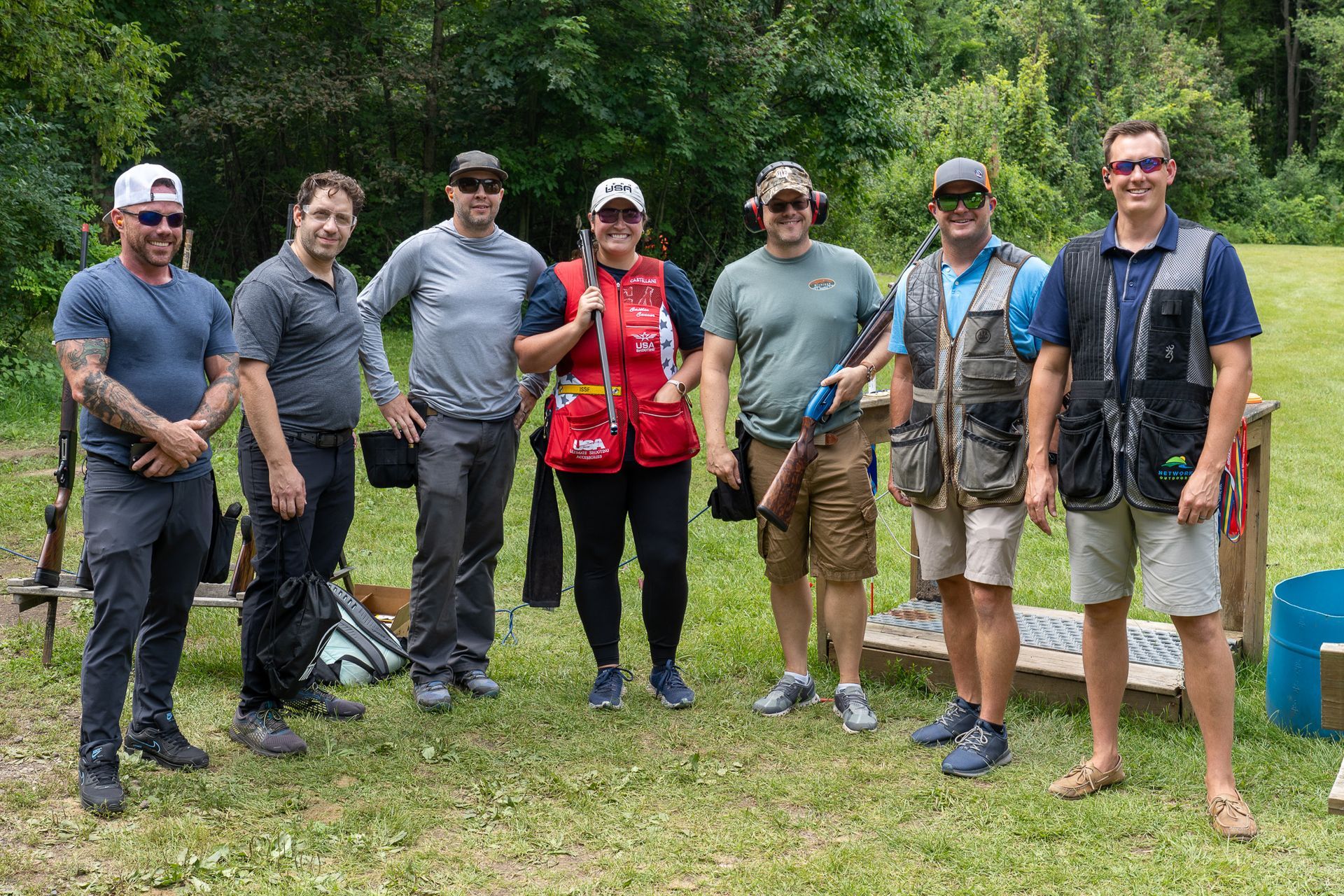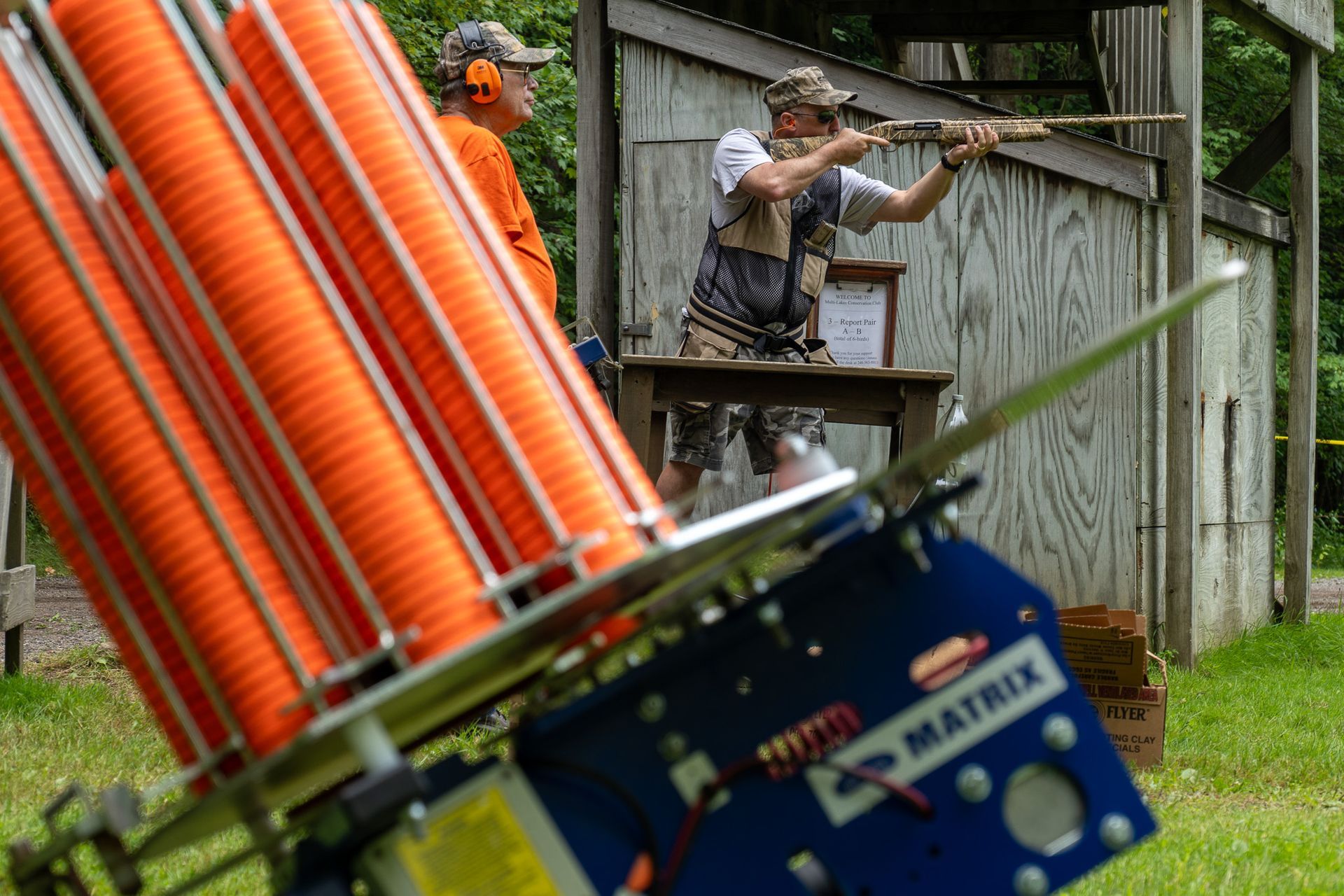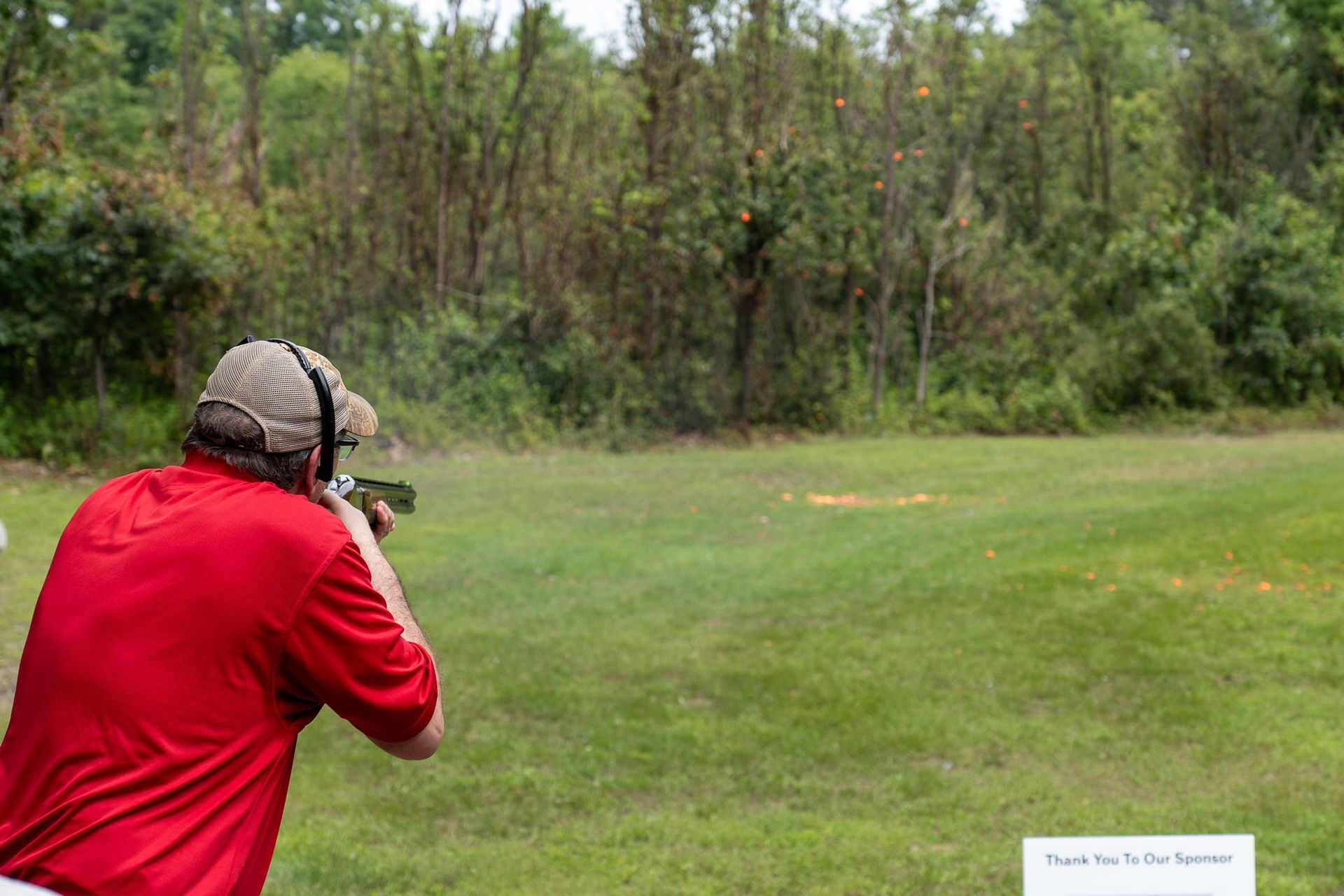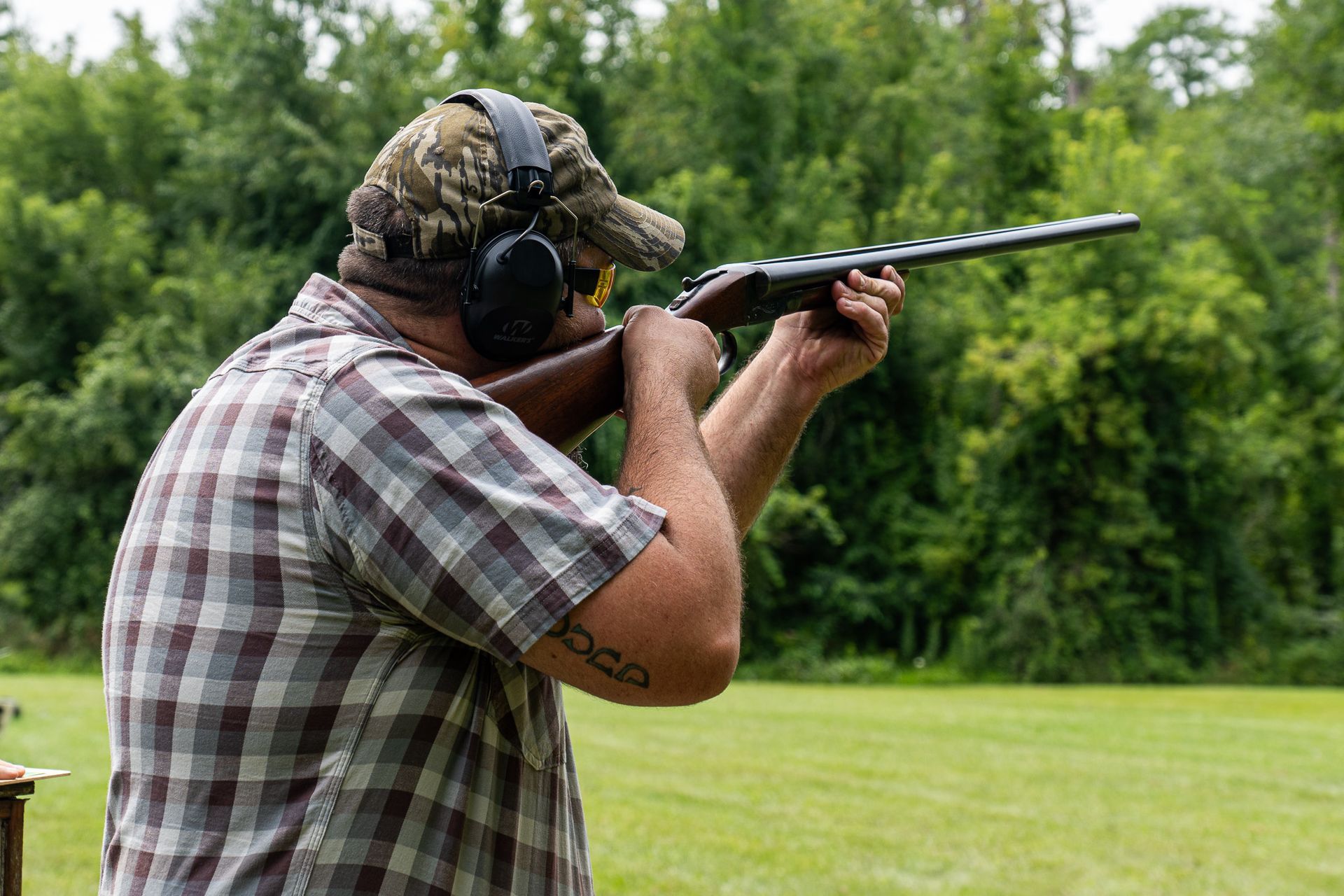Youth camp charity shoot raises more than $30k to support the next generation of conservationists
Michigan United Conservation Clubs held its annual Michigan Out-of-Doors Youth Camp Charity Shoot Friday, bringing together more than 160 shooters from across the state to support conservation and tomorrow’s outdoor leaders.
Each year, the camp helps hundreds of Michigan youth learn about the benefits of conservation and lets them explore the world around them through a hands-on curriculum.
Funds from the shoot help renovate and maintain the historic camp facility and ensure that the next generation of conservationists have the tools they need to thrive outdoors.
The shoot helps shine a light on all the conservation education work MUCC undertakes, said chief executive officer Amy Trotter.
“We help kids shoot their first rifle or bow, catch their first fish, get hunter safety certified and learn to be conservation stewards,” Trotter said. “Alumni from our camp are spread from Washington D.C. to the west coast, with many of them leaders in the conservation world.”
More than 40 sponsors, teams and individual donors helped make this event possible. Without their support, MUCC’s youth programming wouldn’t have the reach it does, said director of development Steve Windom.
“Southeast Michigan turned out,” Windom said. “Creating a culture and movement around conservation takes dedicated partners and sponsors. We had enough momentum this year to consider expanding and including new opportunities next year.”
MUCC President Tim Muir shot with members from Perch Point Conservation Club.
“As a camp alumnus, I remember the skills and conservation mindset I took away from camp and have carried with me ever since,” Muir said. “For some of these kids, our camp is their first opportunity to see a star, sit around a campfire or catch a fish.”
If you or your business want to learn more about growing a culture of conservation in your workplace, community or organization, email Windom at swindom@mucc.org.
Thank you to all our sponsors and shooters who continue to help us live our mission.
Top Teams
Top Shooters
Recent Posts


